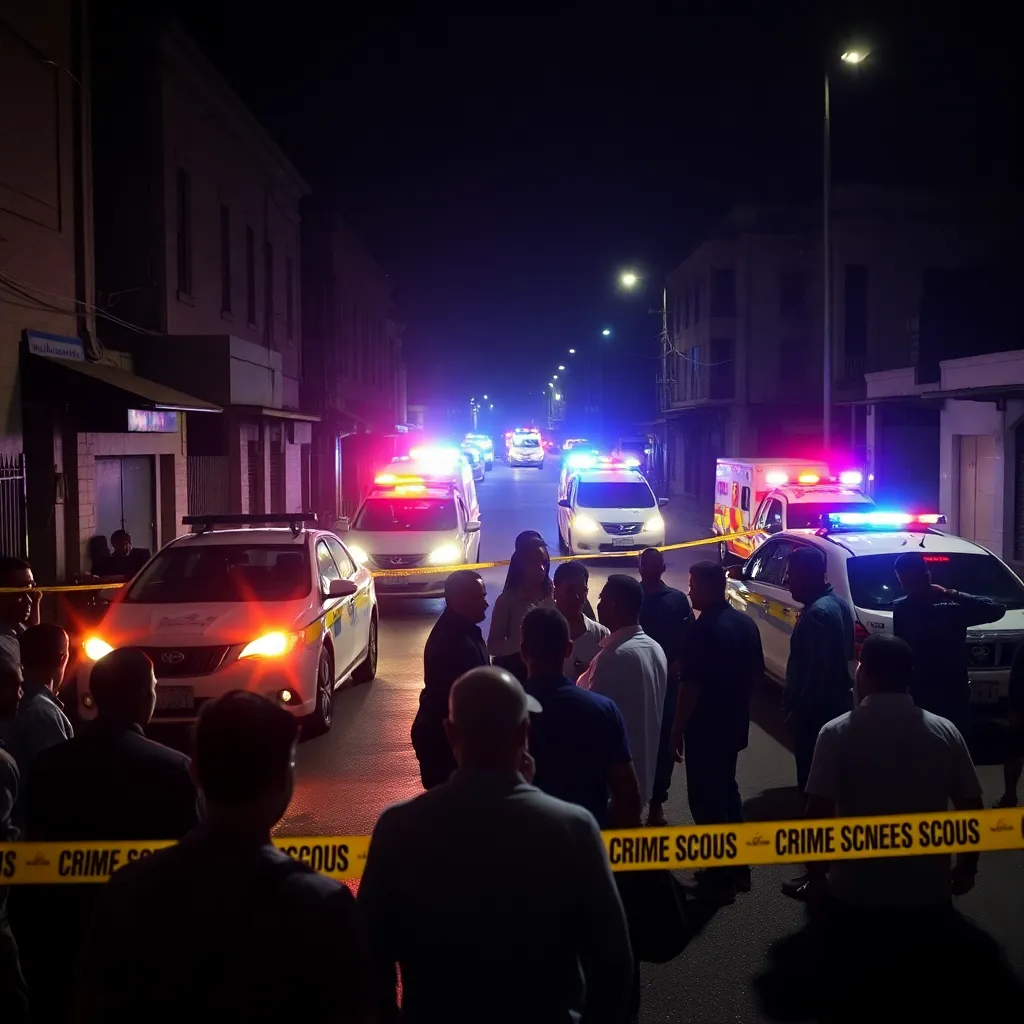
Trinidad and Tobago has been gripped by a wave of violence, prompting the government to declare a state of emergency in response to the escalating crime rate. The Caribbean nation has witnessed an alarming surge in killings, with the recent spate of murders pushing the country’s homicide rate to unprecedented levels.
The state of emergency was declared after a particularly violent weekend, which saw multiple killings and left many citizens in a state of panic. The government has taken swift action to address the situation, deploying additional security personnel to hotspots and implementing stricter curfews in an effort to quell the violence.
The root causes of the violence are complex and multifaceted, but experts point to a combination of factors, including poverty, unemployment, and the proliferation of gang activity. The country’s proximity to Venezuela has also led to concerns about the potential for spillover violence from the neighboring nation.
The state of emergency has been met with a mix of relief and skepticism from citizens, many of whom are concerned about the potential for human rights abuses and the impact on the country’s economy. However, with the nation’s murder rate showing no signs of abating, the government has argued that drastic measures are necessary to restore order and ensure public safety.
As the situation continues to unfold, international observers are watching with concern, urging the government to take a nuanced approach that balances security concerns with the need to address the underlying social and economic issues driving the violence. With the state of emergency set to remain in place for the foreseeable future, Trinidad and Tobago faces a critical juncture in its efforts to stem the tide of violence and rebuild a sense of security and stability for its citizens.





